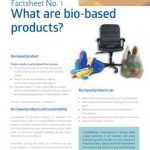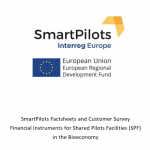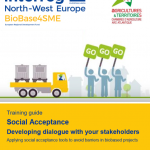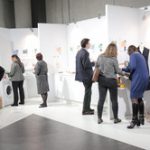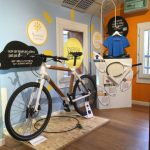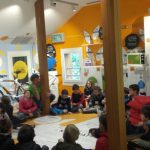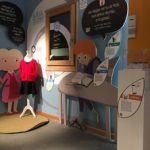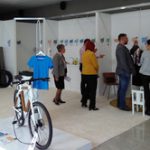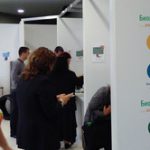InnProBio series of factsheets about Bioeconomy (English version)
Public procurement plays a vital role in Europe’s economic performance. EU public spending on purchasing supplies, works and services amounts to nearly 19% of the EU’s gross domestic product. This tremendous power from the European public sector can be used as a market pull mechanism to help boost the market of bio-based products and their associated services.
By harnessing the potential of public procurement to foster innovation, InnProBio worked with the public sector to develop tools for purchasers, facilitate the creation of buyers groups, and increase awareness and incentives in order to lower the barriers to purchasing innovative bio-based products and services. Thus leading to the opening of new markets of bio-based products in Europe.
InnProBio outcomes include tools & resources, including fact sheets, state-of-the-art reports, a product database, guidance materials, and recommendations on the public procurement of bio-based products and services.
Among others, a series of fact sheets were published, covering:
- #1: What are bio-based products?
- #2: Sustainability of bio-based products
- #3: Biodegradability – Exposing some of the myths and facts
- #4: Bio-based products and services in the circular economy
- #5: Life Cycle Assessment (LCA) and Life Cycle Costing (LCC)
For the European Bioeconomy Library these 5 fact sheets have been integrated into a single document (in English).

